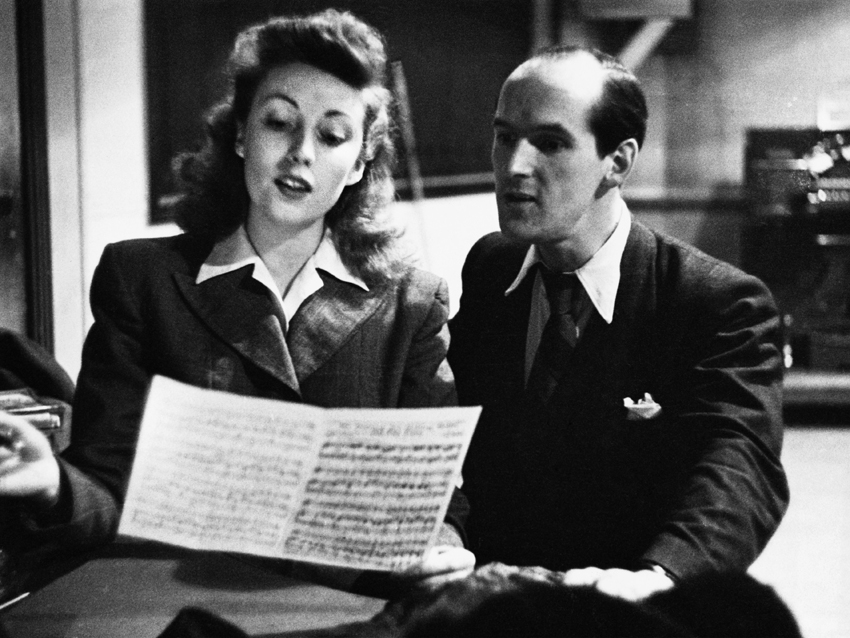
Vera Lynn
Whenever a bit of grainy wartime footage of Brits giving the Nazis a sound thrashing is aired, the soundtrack is, inevitably, Vera Lynn.
Born in East Ham and voted the Forces sweetheart at the outbreak of the Second World War, she kept London singing through the Blitz and kept a million upper lips stiff with songs like We'll Meet Again and The White Cliffs Of Dover.
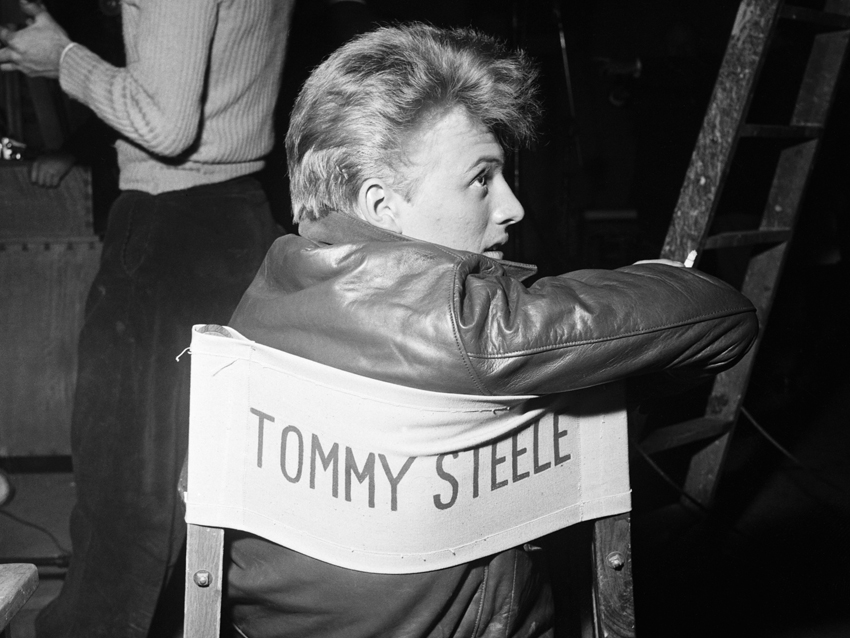
Tommy Steele
In a way, the hysteria surrounding the likes of One Direction is all Tommy Steele's fault.
How? Well, Bermondsey boy Tommy was arguably the UK's first home-grown pop idol, storming the charts of the '50s with his peculiarly British brand of rock and roll. A teenage heart throb in a era when nobody was entirely sure what a teenager was, in his own way he laid the foundations for the mass pop hysteria of the '60s and, eventually, the pop superstars of today. He even went on to make movies, just like those One Direction lads. There's nothing new under the sun, folks...
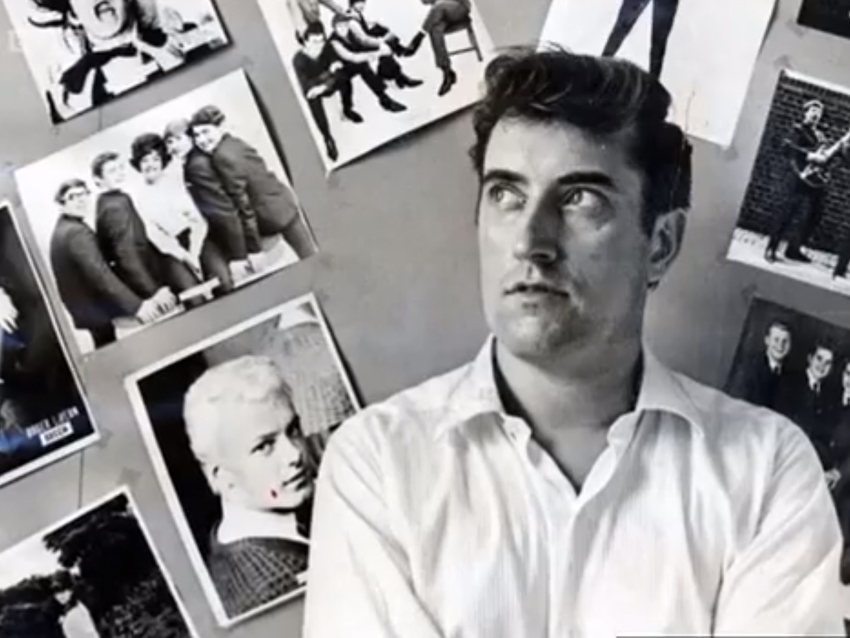
Joe Meek
From a pokey flat in north London, Joe Meek changed the world.
It sounds dramatic, but life with the legendary producer often was. Operating out of a homemade studio/flat at 304 Holloway Road, Meek invented the thrilling, futuristic and often plain bizarre sounds of the early '60s. A pioneering songwriter, engineer and musical visionary, he was also, unfortunately, something of a tortured genius, and a homosexual at a time when being such was illegal in Britain. He killed himself (and his landlady) at number 304 in 1967.
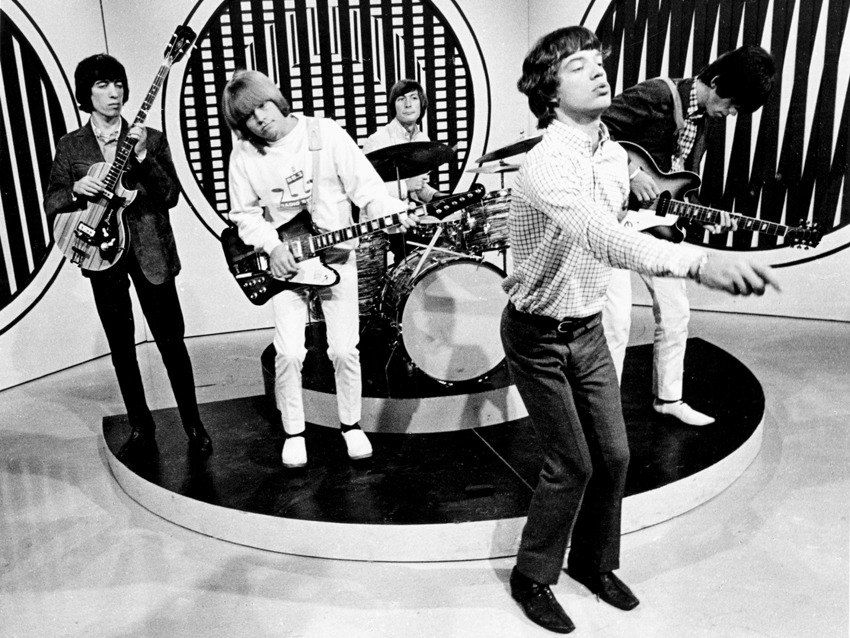
The Rolling Stones
Mick and Keith might had started out in Kent, but it was in the capital that they really took shape.
Finding their sound in west London blues clubs, the glamour and danger of the big city that seeped into the early Stones DNA and helped make them the band most likely the frighten the elderly and run off with the womanfolk.
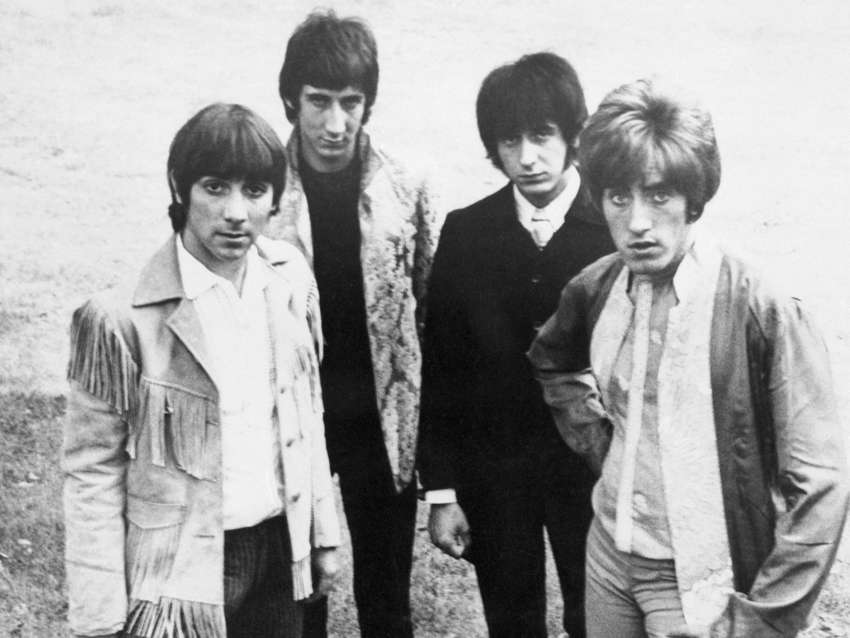
The Who
In certain parts of west London, if you ask the right people and buy the right drinks, you can still find the women who fell under the spell of The Who back when they were still called The High Numbers.
Of course, by falling under the spell we actually mean simply falling under London's foremost mod-rockers, but that's beside the point. The capital played a critical role in the early years of the band, with Pete Towshend and John Entwistle meeting at school in Shepherd's Bush, and Townshend first smashing up a guitar in a Wieldstone pub and buying early Marshall amps from Jim Marshall's Hanwell shop.
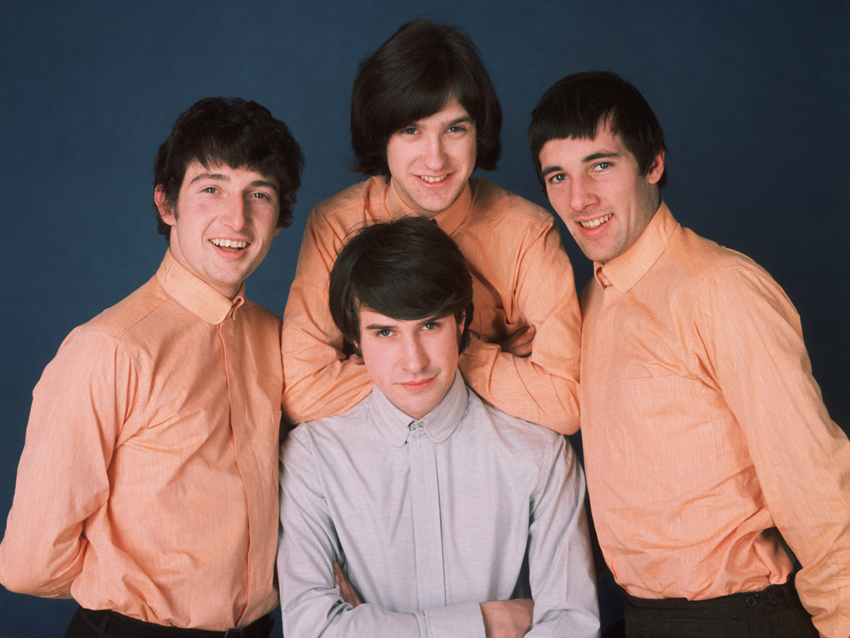
The Kinks
Of all the musicians on this list, perhaps none are as intrinsically linked with London as The Kinks.
The north Londoners made the stories of the city their own, their upbringing and intimate appreciation of the minutiae of suburban living giving Ray Davies' songs a life all of their own. In Waterloo Sunset, he wrote the perfect London song - it's never been beaten, and probably never will be.
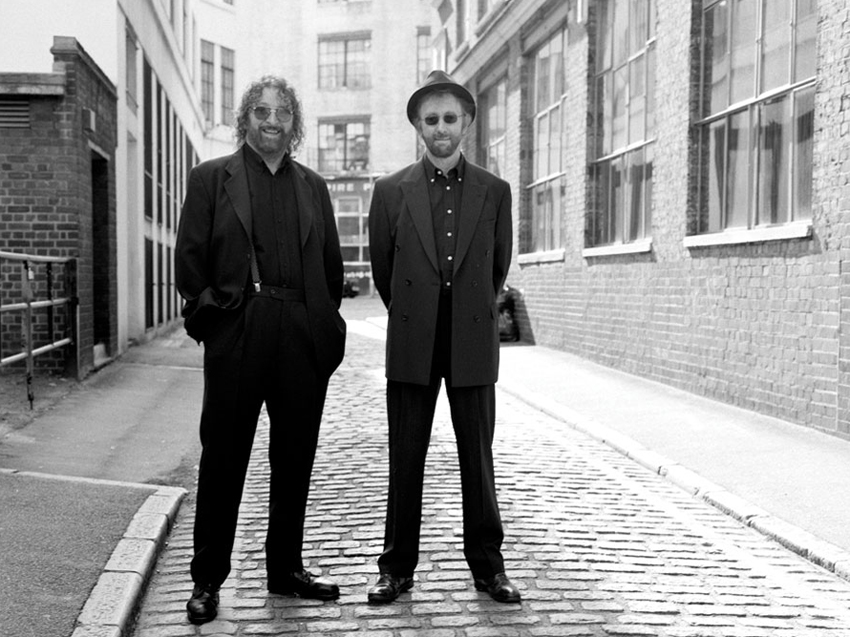
Chas & Dave
Somewhere among the beards, the lyrics and the accents are two true London greats, the mighty Chas & Dave.
The two former sessions musicians created 'rockney' in the mid-'70s, and though it might have started out as a musical gag, the idea soon took on a life of its own. Quite aside from using rhyming slang in their lyrics (Rabbit) and writing songs for London football clubs (with Tottenham's 1981 FA Cup song Ossie's Dream), they were adept musicians who were more than capable of breaking hearts. Brilliantly, they became beloved of a new generation when The Libertines cited them as a key influence.
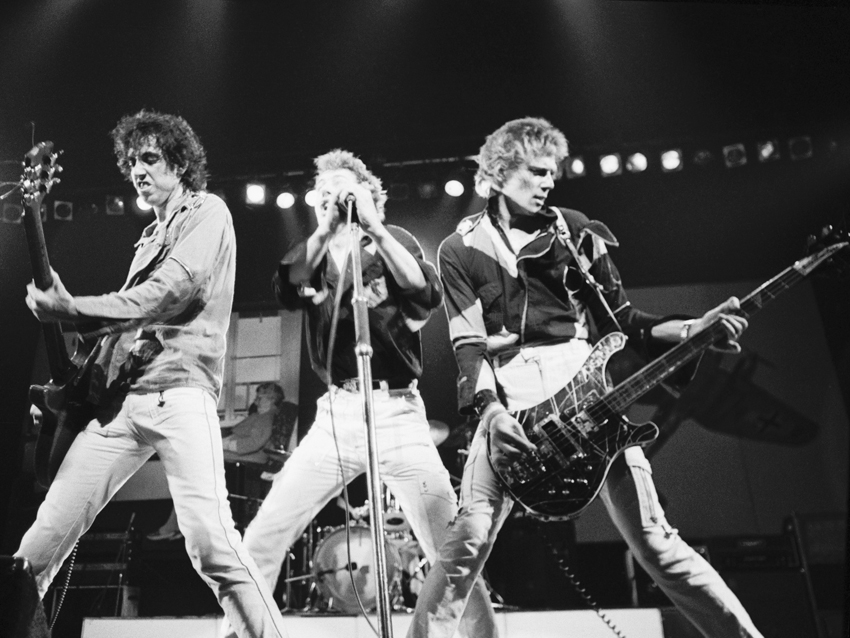
The Clash
Somehow, The Clash managed to make the Westway, a giant concrete monstrosity of a road that heads out of London to the west, sound like a mythical location.
It's no mean feat, and testament to their ability to make even the worst parts of the city sound thrilling, frightening and romantic all at the same time. Early on, the influence of London permeated everything The Clash did, and eventually their metropolitan outlook helped them break out of the punk ghetto and take the sound of the Westway to the world.
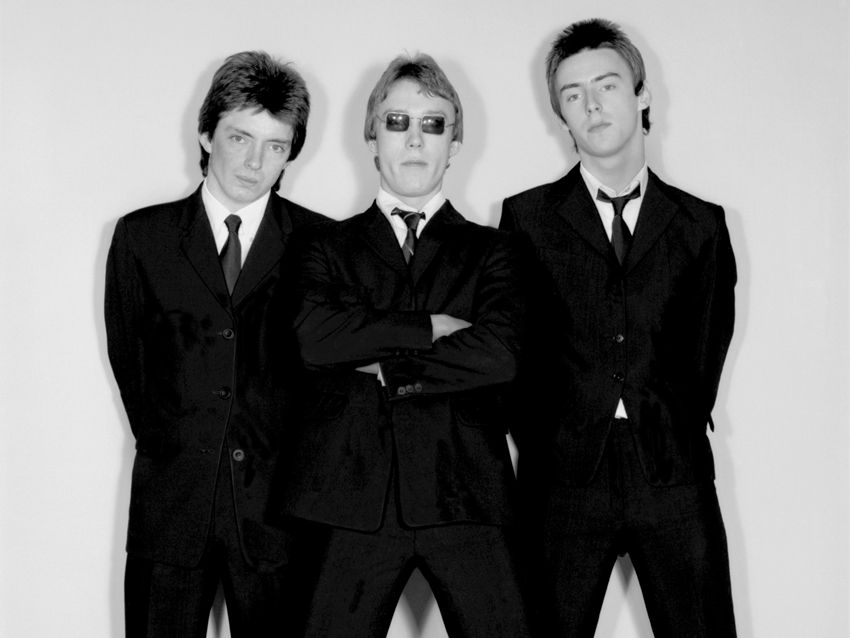
The Jam
Yes, we know, they're from Woking really, but we'd argue that was part of the inherent charm of The Jam.
Paul Weller, the ultimate suburban boy writing about the bright lights of the city, approached London from an outsider's perspective and managed to write some of the finest songs about the place as a result. In The City, A Bomb In Wardour Street, Down In The Tube Station At Midnight - all are astonishing evocations of London that still pack a punch to today.
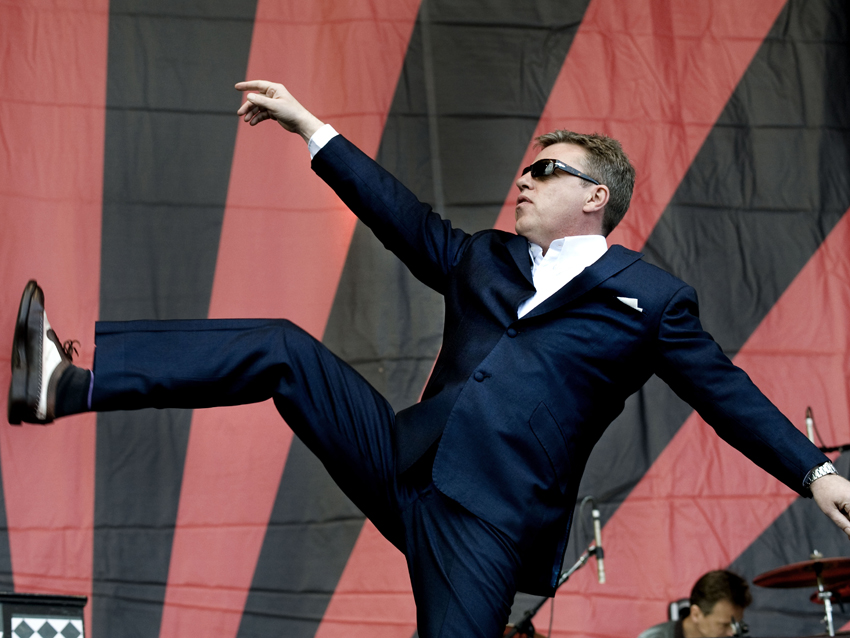
Madness
Silly walking, ska-loving Madness cut their teeth at spit and sawdust Camden pub The Dublin Castle, and never forgot where they came from.
Suggs' vocals still come with an authentic Camden accent, and if you spend enough time there you can still smell the ska all the way down to Chalk Farm.
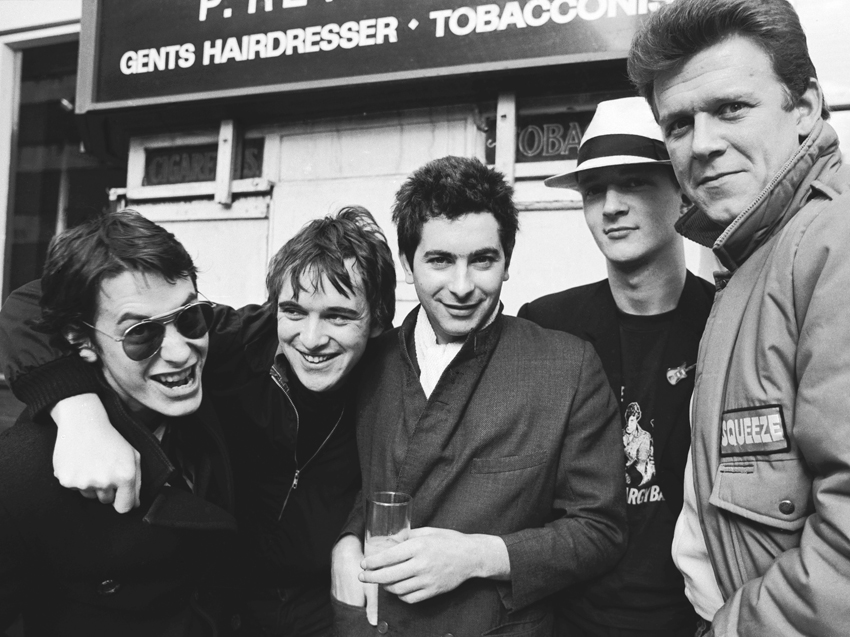
Squeeze
Chris Difford and Glen Tillbrook proved themselves masters of the pop craft, propelling Squeeze into the charts with a phenomenal run of singles in the late '70s and early '80s.
That would be impressive enough on its own, but they did it all with thick London accents and songs that soaked up inspiration from the city like a dirty-minded beermat. On top of all that, Squeeze remain the only band who have ever managed to make Clapham sound romantic, which should be impossible.
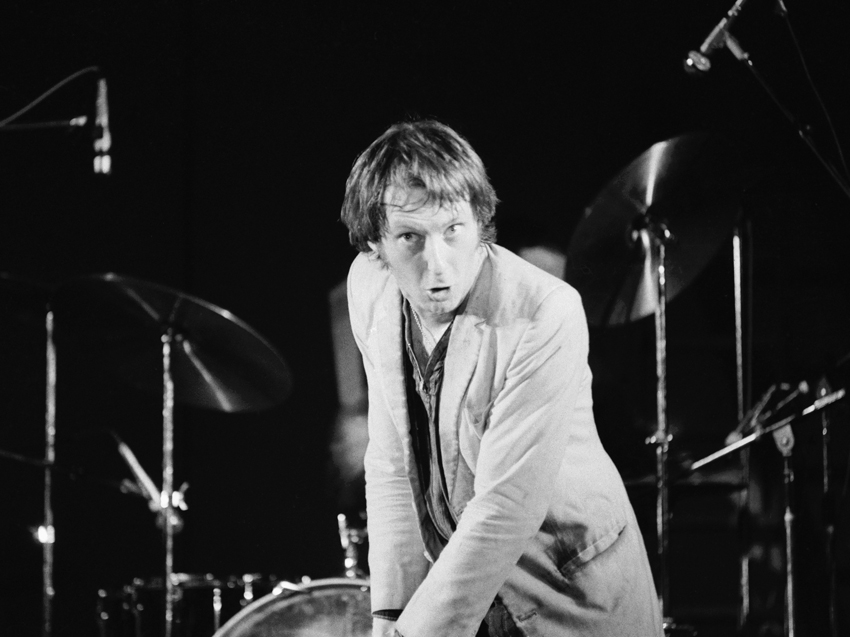
Dr Feelgood
Purveyors of filthy British rhythm and blues, titans of the pub rock scene and vital precursors to punk, Dr Feelgood were kind of a big deal.
Formed in Canvey Island, the dirty water of the Thames seemed to flow through the band's veins, investing them with a mystical energy that turned them into the tightest and most ferocious live act to grace London stages in the mid-'70s. Wilco Johnson's guitar work and manic stage presence has become the stuff of legend, and word has it that one of Lee Brilleaux's filthy white suits escaped into the wild and can often be heard howling the blues on Canvey Island.
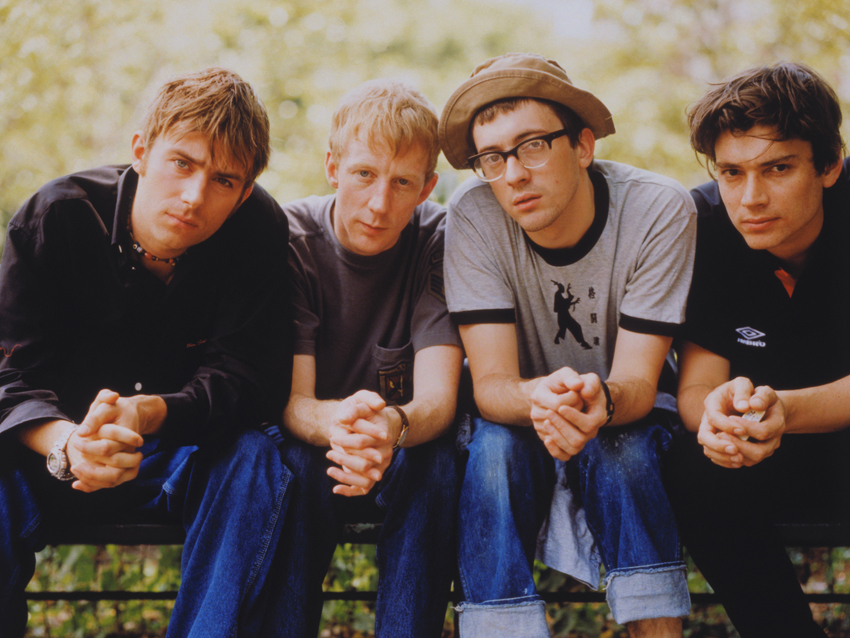
Blur
Formed at Goldsmiths College in New Cross, proud purveyors of some of the finest mockney accents ever committed to tape and inheritors of The Kinks' London-loving legacy; it could only be Blur.
The city's proud defender during the Britpop wars, they took on the massed ranks of the north - namely, Oasis - and sort of won. Well, that's if music is some sort of huge playground fight, which of course it isn't. More to the point, from Modern Life Is Rubbish onwards, Damon Albarn proved to be an adept chronicler of London life, and continues to be inspired by the city to this day.
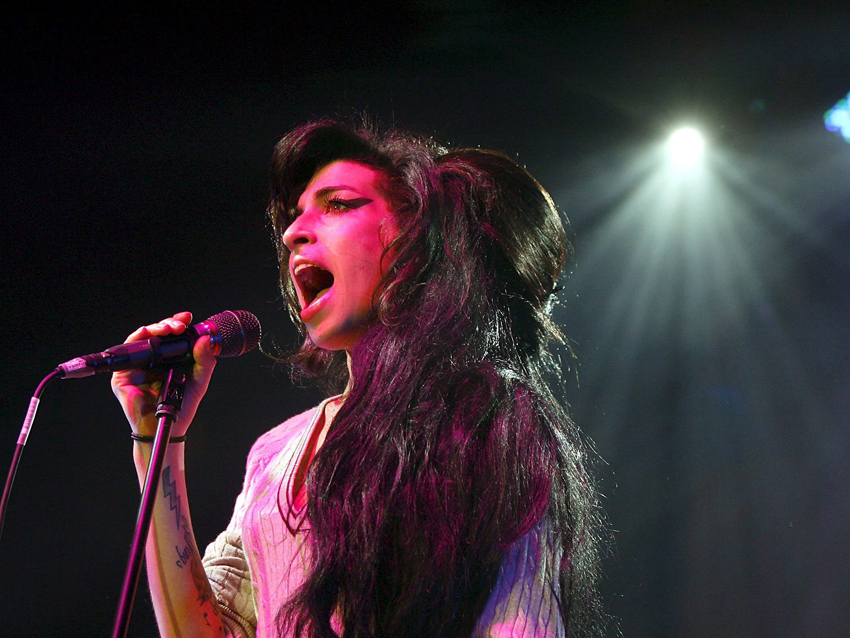
Amy Winehouse
The most tragic Londoner on our list, Amy Winehouse is also the only artist here to have had a statue commissioned of her by the council of the borough she lived in.
Such was Winehouse's connection to Camden, for better or worse, although there's no doubt that the seedier side of city living played a pivotal role in her decline and eventual death. That she left behind more than a handful of belters only makes her early exit from the stage all the more depressing.
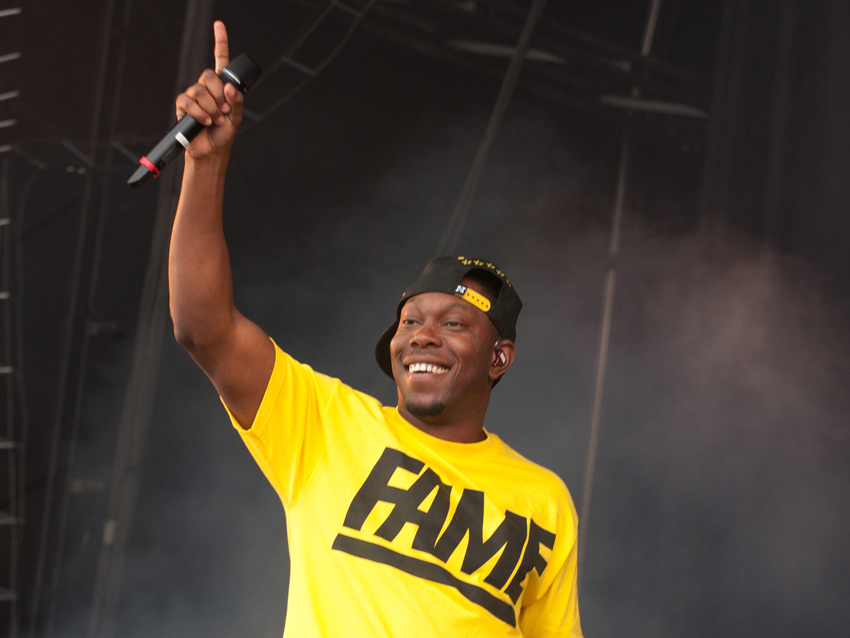
Dizzee Rascal
Young Dylan Mills made quite the impression when his debut album Boy In Da Corner introduced the rest of the country to grime.
He's gone on to become a bone-fide chart-slaying master of the pop arts, but the accent and the attitude remain. You can take the boy out of Bow, but you can't take Bow out of the boy. Things might get nasty if you try, to be honest.
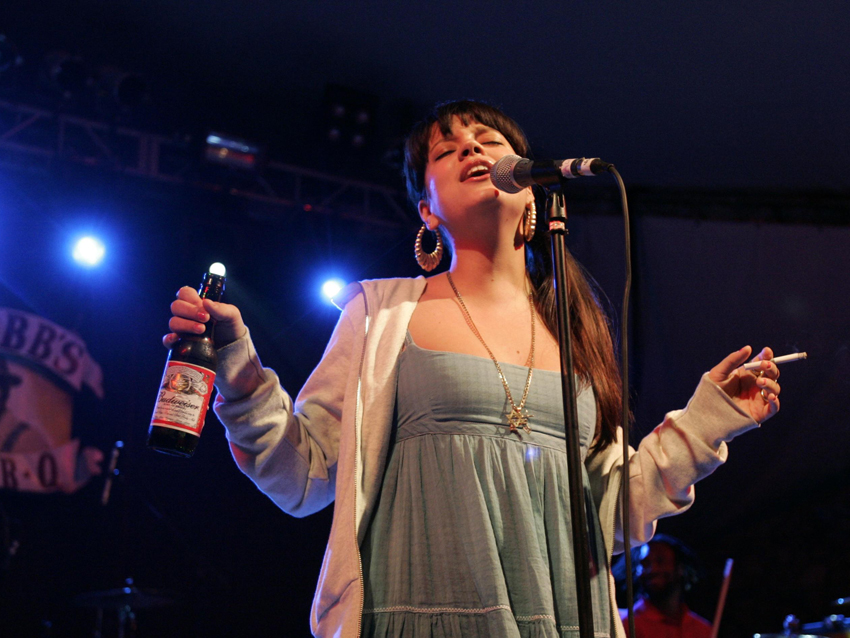
Lily Allen
Lily Allen always came across as a dyed in the wool London girl.
With an attitude that dared you to get in her way and a knack for taking the sounds of a thousand different house parties across the city and and making them her own, she quickly found her place in the pantheon of London-loving greats.
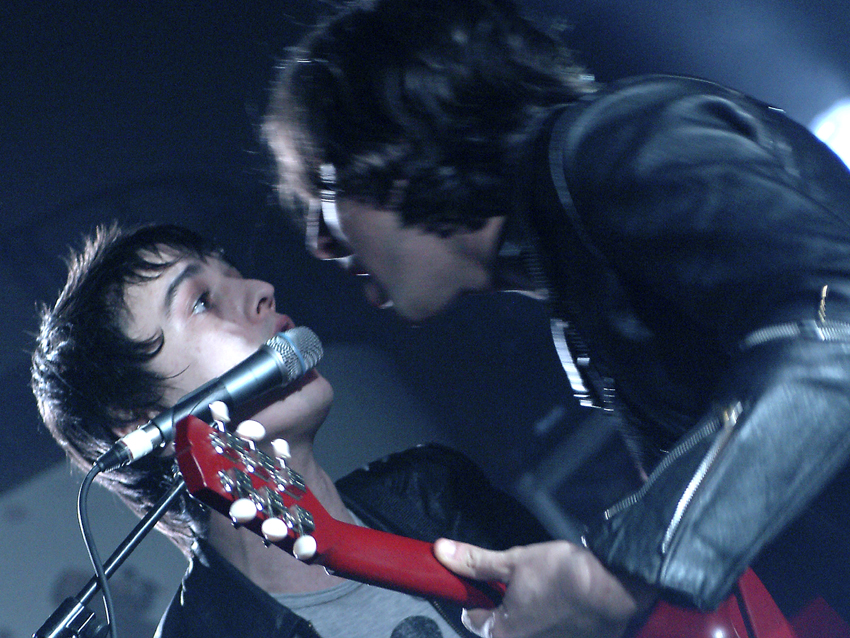
The Libertines
While none of the band are native to London, it's possible that noone has become as one with the city quite like The Libertines.
With songs soaked in the dirt, drugs and danger of the place, Peter Dohery and Carl Barat tattooed their story on to London's soul, rising from east London hovels and Brick Lane bagel shops to take over the world for a brief period, before tumbling straight back into the muck. Only Jack The Ripper had a bigger impact on Whitechapel.
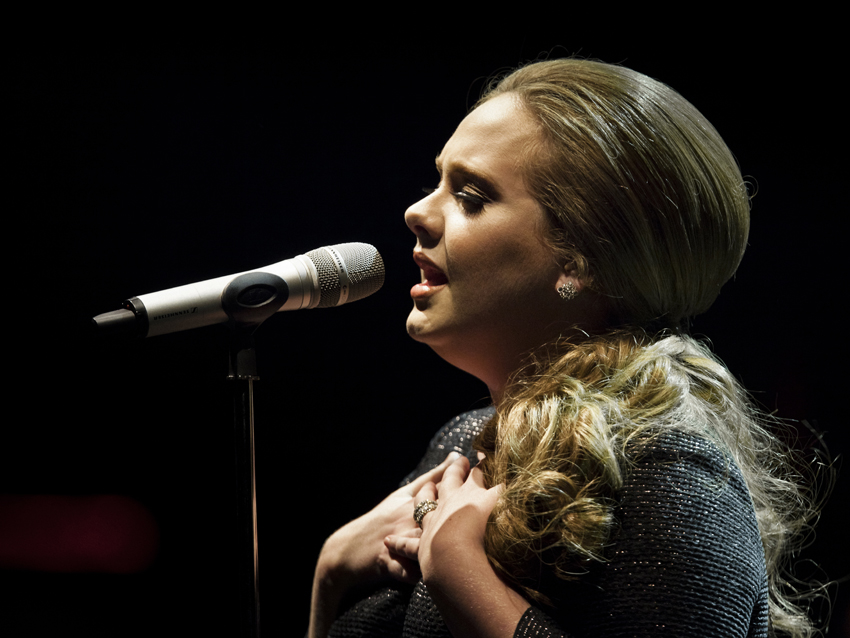
Adele
Now that she's conquered the world, it's difficult to picture Adele strolling round the streets of Tottenham as a young 'un.
Until, that is, she stops singing and stars talking. While her storming vocals do little to betray her origins, her between-song banter reveals an earthy Londoner through and through - something that mega-fame has yet to change. Hooray for that.









